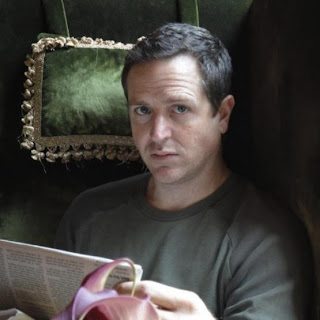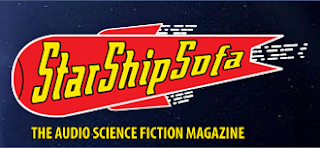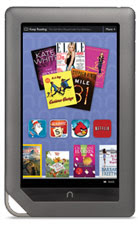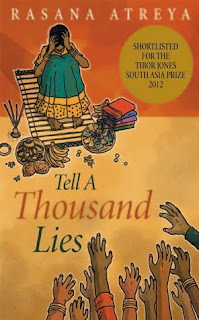Hugh Howey, the bestselling author of Wool, writes this reply to Sue Graften's allegation that self-publishers are "too lazy to do the hard work". I'm not going to put in a link to Graften's article, Hugh Howey did, so you can get to her article through his if you really want to read it.
Hugh writes:
There is no better way to break into traditional publishing than self publishing. Period. End of story. Hell, write fan fiction. Another piece of Twilight fan-fic just got a seven-figure advance on the heels of the success of 50 Shades of Grey. Does this mean it’s the new norm? No. But it does mean that publishers no longer care how you sell books. They don’t care if you self-publish. They don’t even care if you write porn based on YA vampire novels. They just want to give readers whatever the hell they want! And readers don’t want query letters. They don’t want books in slush piles. They want good stories, decently edited, available right now, and as cheap as you please.Read the rest of Hugh Howey's article here: My Favorite Four Sue Grafton Novels.
And he would know. His runaway bestseller, Wool, has been picked up by Random House in the UK and Ridley Scott (Alien, Blade Runner, Gladiator) will be directing an upcoming blockbuster movie made by 20th Century Fox. You can read all about it here: Hugh Howey Writes About The Phenomenal Success Of Wool.
Thanks to The Passive Voice Blog for the link to Hugh Howey's article, provocatively titled Sue Grafton Thinks I'm Lazy.
Other articles you might like:
- Rasana Atreya's Self-Publishing Journey
- Contracts: Deadly Agent Clauses
- The Bourne Legacy: The Story Is Fiction, The Rest Is Real











